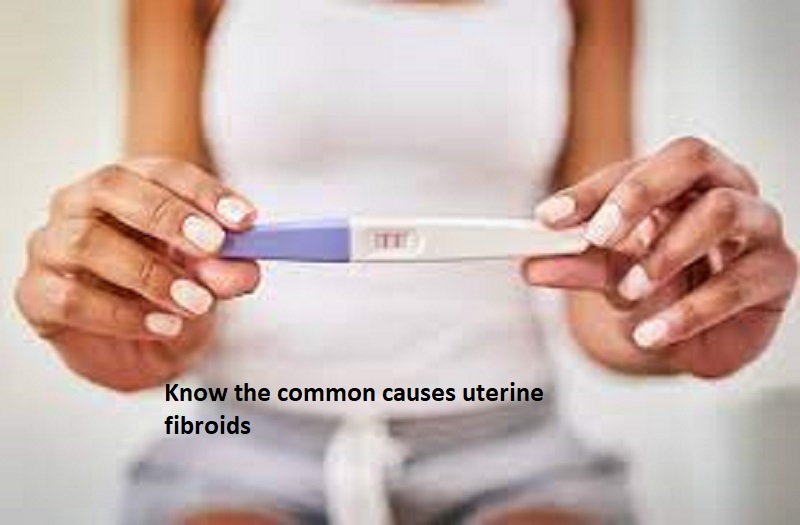
Fibroids, also known as uterine fibroids, are non-cancerous growths that develop in or around the uterus. They are quite common and affect women of reproductive age. The chances of getting affected increases with age. Fibroids are usually benign but they can affect a woman’s fertility.
Common causes of fibroids:
1. Genetic factors: Fibroids tend to run in families, and genetics play a significant role in their development. Genetic factors are considered the primary cause of fibroids.
2. Hormone imbalances: Fibroids are known to be hormone-dependent.They grow in response to certain hormones such as estrogen and progesterone. Hormone imbalances, including a high level of estrogen, can cause the growth of fibroids.
3. Age: As women age, the likelihood of developing fibroids increases. They are most commonly diagnosed in women in their 30s and 40s.
4. Obesity: Obesity can increase the risk of fibroids due to hormonal imbalances. Fat cells produce estrogen, and excess fat tissue can lead to excess estrogen levels, which can contribute to fibroid growth.
5. Non pregnant status: Women who delay pregnancy for long are more predisposed to fibroids.
6. Race: It’s known that certain races have a higher predisposition to incidence of fibroids.
Also Read: Follow these simple tips to have healthy sperm
Here is how fibroids can affect fertility:
1. Change in Uterine Shape: Fibroids can alter the shape of the uterus, which can interfere with the implantation of a fertilized egg. The distortion of the uterine wall can cause the embryo to implant in an irregular position, or it may not implant at all.
2. Block the Fallopian Tubes: Fibroid can block the movement of sperm to the egg, reducing the chances of fertilization.
3. Interfere with Blood Supply: Fibroids can also interfere with blood supply to the uterus, which can hinder the development of a fetus.

Post Your Comments